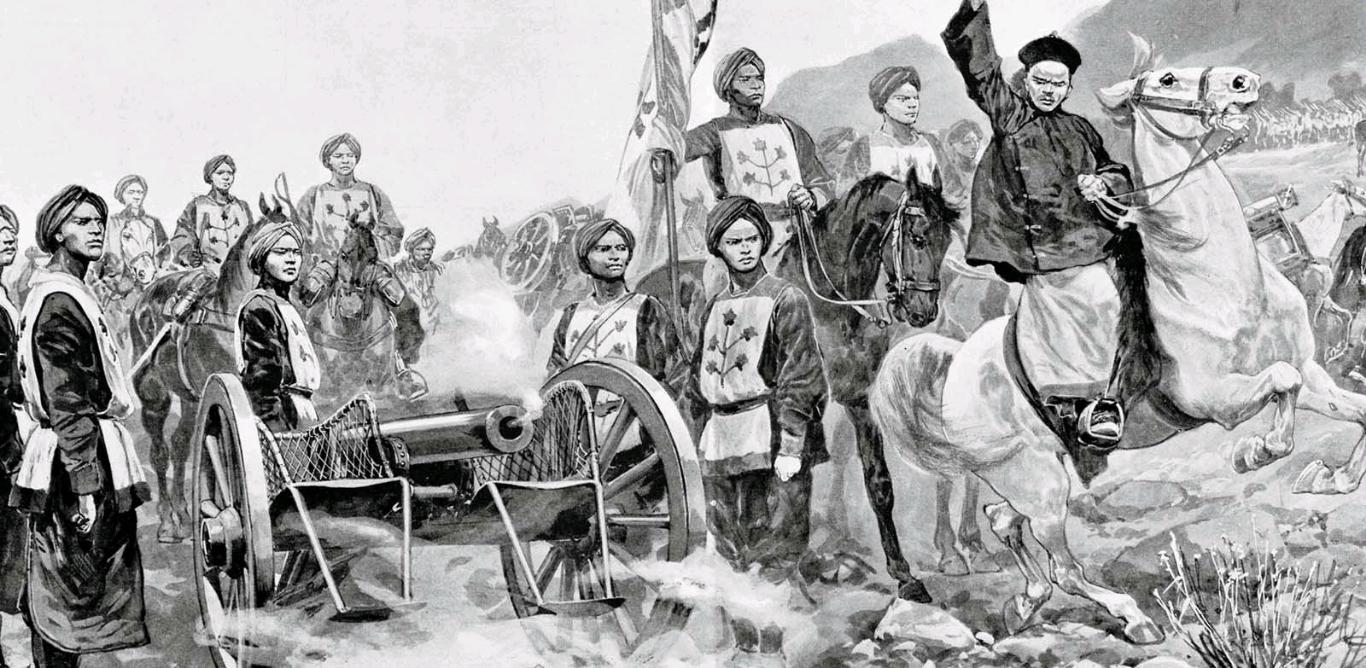First Sino-Japanese War in Retrospect
by+Wen+Zhihong

This year marks the 120th anniversary of the First Sino-Japanese War which broke out in 1894. Although twelve decades have passed, the trauma of the war remains imprinted in Chinese memories.
The First Sino-Japanese War marked not only a crucial turning point for China and the Far East, but also a major shift of the global political situation. In mid-September 2014, during an academic seminar commemorating the First Sino-Japanese War held in the coastal city of Weihai, Shandong Province, scholars from China and beyond reexamined the war with an aim of fostering peace for the future. According to Zhang Haipeng, member of the Chinese Academy of Social Sciences and chairman of the Association of Chinese Historians, the First Sino-Japanese War dealt China a long-term blow and at the same time stimulated Japans ambition to continue aggressive expansion. With a swelled head, Japan almost believed it could conquer the world. At the same time, it whetted the appetites of Western powers seeking to invade China. After the war, the historical tributary relationship between China and its neighbors overwhelmingly collapsed and the country was relegated to semi-colony of several aggressors.
At present, the Sino-Japanese relationship is facing distressed regression after 40-plus years of normalized diplomatic relations. Such a situation calls for insightful Japanese academics and political figures to reexamine policies implemented during its “escape from Asia”campaign after Meiji Reform. “Japan should coexist peacefully with its neighboring countries and give up ambitions to expand into other countries and create hegemony,” declares Zhang.
In this feature, we utilize a series of historical reports to analyze international relations and public opinion prevalent during the First Sino-Japanese War which are often overshadowed by larger conflict that broke out in its wake, yet not only was the war a key prelude to subsequent world wars, but deeply influential on the development of East Asia and the world.
